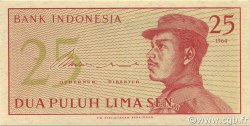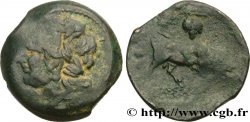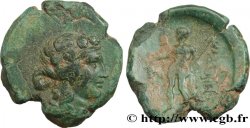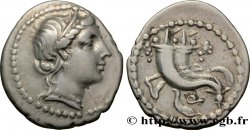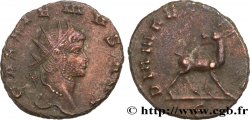Live auction - fco_524843 - FRENCH ISLANDS AND BOURBON - FIRST EMPIRE - DECAEN GENERAL Piastre Decaen 1810 Port-Louis
You must signin and be an approved bidder to bid, LOGIN TO BID. Accounts are subject to approval and the approval process takes place within 48 hours. Do not wait until the day a sale closes to register. Clicking on "BID" constitutes acceptance of the terms of use of cgb.fr private live auctions.
Bids must be placed in whole Euro amounts only. The sale will start closing at the time stated on the item description; any bids received at the site after the closing time will not be executed. Transmission times may vary and bids could be rejected if you wait until the last second. For further information check the Live auction FAQ
All winning bids are subject to a 18% buyer’s fee.
All winning bids are subject to a 18% buyer’s fee.
| Estimate : | 2 200 € |
| Price : | 3 700 € |
| Maximum bid : | 3 700 € |
| End of the sale : | 04 June 2019 18:45:45 |
| bidders : | 7 bidders |
Type : Piastre Decaen
Date: 1810
Mint name / Town : Port-Louis
Quantity minted : 200000
Metal : silver
Millesimal fineness : 840 ‰
Diameter : 40 mm
Orientation dies : 6 h.
Weight : 26,98 g.
Edge : striée
Rarity : R2
Coments on the condition:
Magnifique exemplaire pour le type, parfaitement centré, avec d’excellents reliefs et couvert d’une très belle patine grise aux reflets dorés. Petite faiblesse de frappe sur le ‘V’ de LIVRES au revers
Obverse
Obverse legend : ILES DE FRANCE - ET BONAPARTE.
Obverse description : Aigle debout de face sur un foudre, les ailes déployées, la tête tournée à droite, surmonté d'une couronne ; signé AVELINE à l'exergue.
Reverse
Reverse legend : DIX/ LIVRES EN DEUX LIGNES,.
Reverse description : dans une couronne formée de deux branches de laurier ; à l'exergue 1810.
Commentary
Ces pièces furent fabriquées suite aux arrêtés, insérés dans le code des Îles de France et de la Réunion, publiés à l'Île de France (Île Maurice) par le général Decaen. Les pièces furent frappées à partir des lingots d'argent récupérés sur l'Ouvidor, navire hollandais qui fut capturé par l'Entreprenant du capitaine Bouvet, un corsaire français. Le nom de la pièce vient du général gouverneur Charles Decaen.







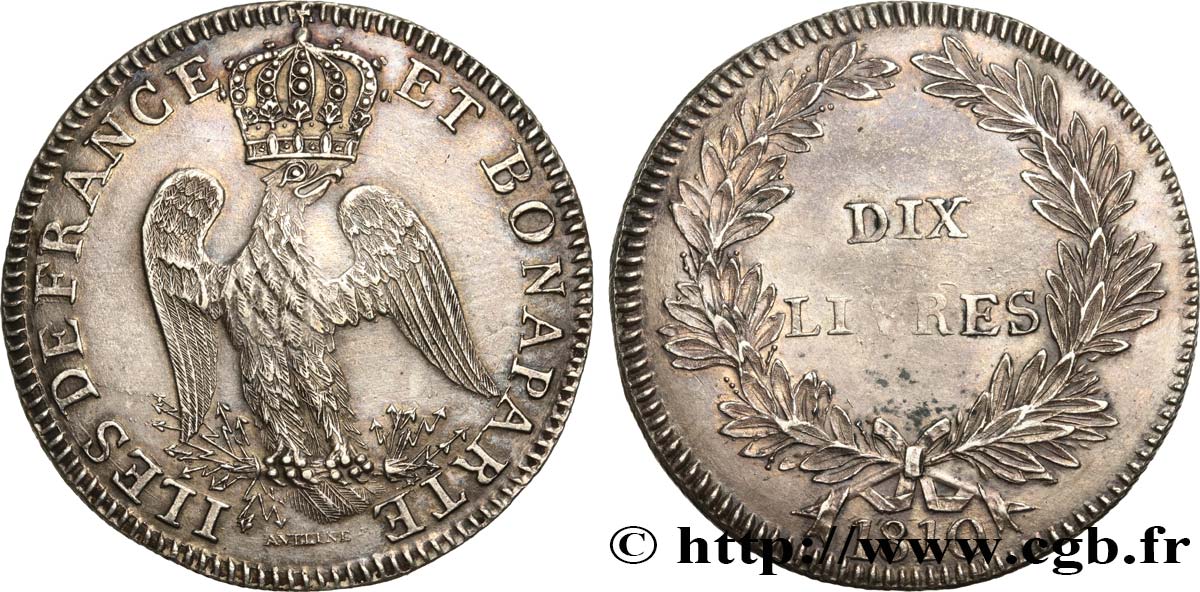
 Report a mistake
Report a mistake Print the page
Print the page Share my selection
Share my selection Ask a question
Ask a question Consign / sell
Consign / sell
 Full data
Full data